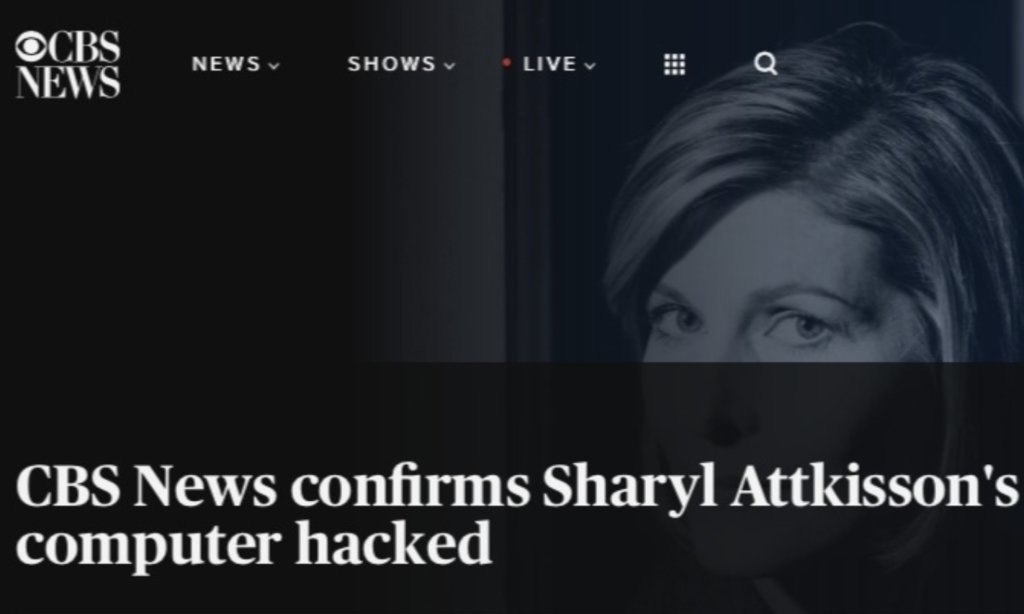
As thousands of Trump supporters prepare to descend upon the Capitol this coming week amid a presidential election they are contesting, there is a mass of confusion and conflicting information about what happens next.
You may have heard that a growing list of Republican members of the House and Senate have pledged to object to the electoral count of some states during Wednesday’s joint session of Congress.
Most analysts have said such objections, in practical terms, amount to nothing because while they can trigger debates lasting up to two hours, it would take a majority in both the House and Senate to reject the state results naming Joe Biden the next president of the United States.
There are other less discussed and, some insist, less likely scenarios. Some of them are examined in a legal analysis by John Yoo and Robert Delahunty. Published in October, about two weeks before the presidential election, it plays out multiple scenarios including under circumstances like the ones we face today. It is titled “What Happens if No One Wins? The Constitution provides for election crises—and its provisions favor Trump.”
Here are some applicable excerpts from the analysis.
“Suppose states send electoral votes that—even if certified by the governor—remain under question, whether because of fraud in the vote, inability to count the ballots accurately under neutral rules, or a dispute between branches of a state government...
…Vice President Pence would decide between competing slates of electors…
…If the electoral count remains uncertain enough to deprive either Trump or Biden of a majority in the Electoral College, then the 12th Amendment orders that “the House of Representatives shall choose immediately, by ballot, the President…
…If today’s House chose the president, voting by state delegations, Trump would win handily.“
John Yoo and Robert Delahunty, Oct. 19, 2020
An extended excerpt from the analysis follows:
…Suppose states send electoral votes that—even if certified by the governor—remain under question, whether because of fraud in the vote, inability to count the ballots accurately under neutral rules, or a dispute between branches of a state government.
While the Electoral Count Act appears to create safe harbors for a state’s report of its Electoral College votes, the Act itself might prove unconstitutional. Under the 12th Amendment, “the President of the Senate [i.e., the Vice President] shall, in the Presence of the Senate and House of Representatives, open all the certificates [of the electoral votes of the states] and the votes shall then be counted.” Left unclear is who is to “count” the electors’ votes and how their validity is to be determined.
Over the decades, political figures and legal scholars have offered different answers to these constitutional questions. We suggest that the Vice President’s role is not the merely ministerial one of opening the ballots and then handing them over (to whom?) to be counted. Though the 12th Amendment describes the counting in the passive voice, the language seems to envisage a single, continuous process in which the Vice President both opens and counts the votes.
The check on error or fraud in the count is that the Vice President’s activities are to be done publicly, “in the presence” of Congress. And if “counting” the electors’ votes is the Vice President’s responsibility, then the inextricably intertwined responsibility for judging the validity of those votes must also be his.
If that reading is correct, then the Electoral Count Act is unconstitutional. Congress cannot use legislation to dictate how any individual branch of government is to perform its unique duties: Congress could not prescribe how future Senates should conduct an impeachment trial, for example. Similarly, we think the better reading is that Vice President Pence would decide between competing slates of electors chosen by state legislators and governors, or decide whether to count votes that remain in litigation.
The Role of the House
If the electoral count remains uncertain enough to deprive either Trump or Biden of a majority in the Electoral College, then the 12th Amendment orders that “the House of Representatives shall choose immediately, by ballot, the President.” Our nation barely avoided that outcome 20 years ago in the 2000 Florida recount and has only used twice it in our history (in 1800 and 1824). So if the disasters described above occur, then the Constitution gives the power to choose the President to the House.
So it seems like Nancy Pelosi and the Democrats would get to pick the winner. But not so fast, said the framers, who feared congressional control of the executive. Rather than allow a simple majority vote, the Constitution requires that the House choose the President by voting as state delegations. If the House decides the Presidency, Delaware would have the same number of votes as California.
This unusual process makes sense in light of the larger constitutional structure. The Framers rejected the idea that Congress should pick the President, which they believed would rob the Chief Executive of independence, responsibility, and energy. They wanted the people to have the primary hand in choosing the President, but mediated through the states, because they also feared direct democracy.
Thanks to Republican advantages among the states (rather than the cities) … If today’s House chose the president, voting by state delegations, Trump would win handily. [Note from SharylAttkisson.com: See Republicans’ 28 state majority under “Partisan composition of 116th and 117th Congresses by state delegation.”]
Read the full article by clicking the link below:
https://americanmind.org/salvo/what-happens-if-no-one-wins/










